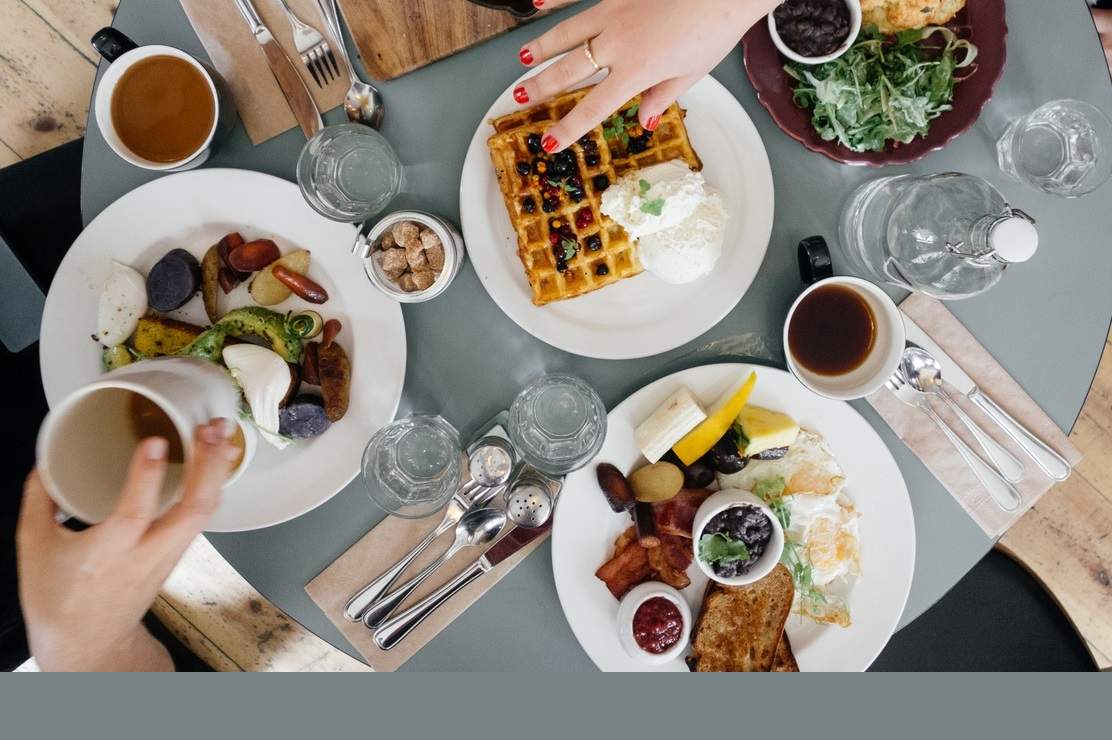
Foodtech is going through hard times globally in recent years. Startups in this space are downsizing, shrinking operation or even shutting down entire operation in many parts of the world. This has created quite an interesting conversation around the space of food tech. People are evaluating whether the space is in a bubble boom; as many experts are suggesting it is.
In Dhaka though we don’t have any Foodtech startup in its true sense; but we do have quite a few startups in Foodtech along with logistics space. Startups that are using technology to market and deliver food and startups that are creating communities around food.
If we consider Foodtech; BRAC chicken, Golden Harvest and Bengal Meat are probably few foodtech companies. To our knowledge there is no startup working in true foodtech space in Dhaka, Blue Apron is an example of such kind of company which is based in the US.
HungryNaki, Foodpanda and Foodmart
To be precise, HungryNaki and Foodpanda are probably the “food-marketing-logistics” startups. Hungry Naki offers online food delivery service for fresh and on time food. The platform also gives you option to choose your favorite menu from a long array of cafés, restaurants, and eateries that deliver right to your doorstep. Foodpanda, the Rocket Internet’s food delivery startup, also operates in the same space. It has been facing intense competition from HungryNaki. Started back in 2012, the startup now operates in more than 40 countries across five continents and often makes headline for eating up its competitors. Foodmart is another venture into this space, which shows how competitive the food delivery startups are becoming and the increase in the number of competitors would create a cutthroat competition in this space.
Most of these venture has a corresponding mobile app on Android and Apple phones which creates the venture technological aspects covered at all ends which helps reach a bigger customer base due to the convenient nature of the apps.
Business model for both of these startups is commission on sales. They make 10% commission on every order. It means, if someone buys a BDT 500, they get BDT 50 out of that single deal. If you consider the cost, it is pretty high. Costs like customer acquisition, customer support, operations, and discount for repeat buy make the unit economics pretty bad. But this does not mean this is a bad business and it is not possible to build a profitable business here. It is possible and there are companies doing it now. The central question to ask is that: what problem you are solving and how good you are at solving it?
The other one, Dhaka Foodies, is largely a community of foodies, something like Yelp for food and restaurant. The startup aims to create a Foodies' guide for Dhaka and other cities, based on users experience and contribution. Users can write reviews, post pictures and suggestions of food and restaurants. Dhaka Foodies also organizes food festival and different events.
These are all we have in this space for now.
However, there is a solid demand for foodtech startups, startups like Blue Apron or a Dhaka version of it. The simplest one of these may be: a homemade food delivery startup to workplaces. Here are few areas of foodtech you can think about:
1) Daily meal problem: Daily meals for offices, for houses, if there is one.
You serve the need of people who want to order daily meals for office or home. There is a solid need for this in Dhaka. A growing number of startups want to have this service. You will just have to consider these three points:
i) Low price point – they want budget meals
ii) Menu – they don’t want to eat same food repetitively
iii) Hygienic- it has to be healthy and hygienic
People don’t want and need expensive well designed packaging. You just have to maintain timely delivery, low cost food and a variety of menu for different day. Here you don’t deliver on-demand, this is done largely pre-order which is easier to deal with logistically.
2) On-demand
Where you deliver on-demand food for meetings and for any special events according to the needs of your customers: menu, time, taste and more. You have to maintain excellent experience in terms of packaging, delivery, service and more and you can charge premium. This will require you to scale to optimize the business.
Food is a huge industry in Bangladesh that is expanding ever so rapidly. With population increasing at a rapid pace in cities, people are becoming increasingly busy which means the demand for convenient food is on the rise. On the other hand, foodtech space is largely unexplored in Bangladesh and the time is never going to be any better than now to build a foodtech startup in Dhaka.
Image by Ali Inay
